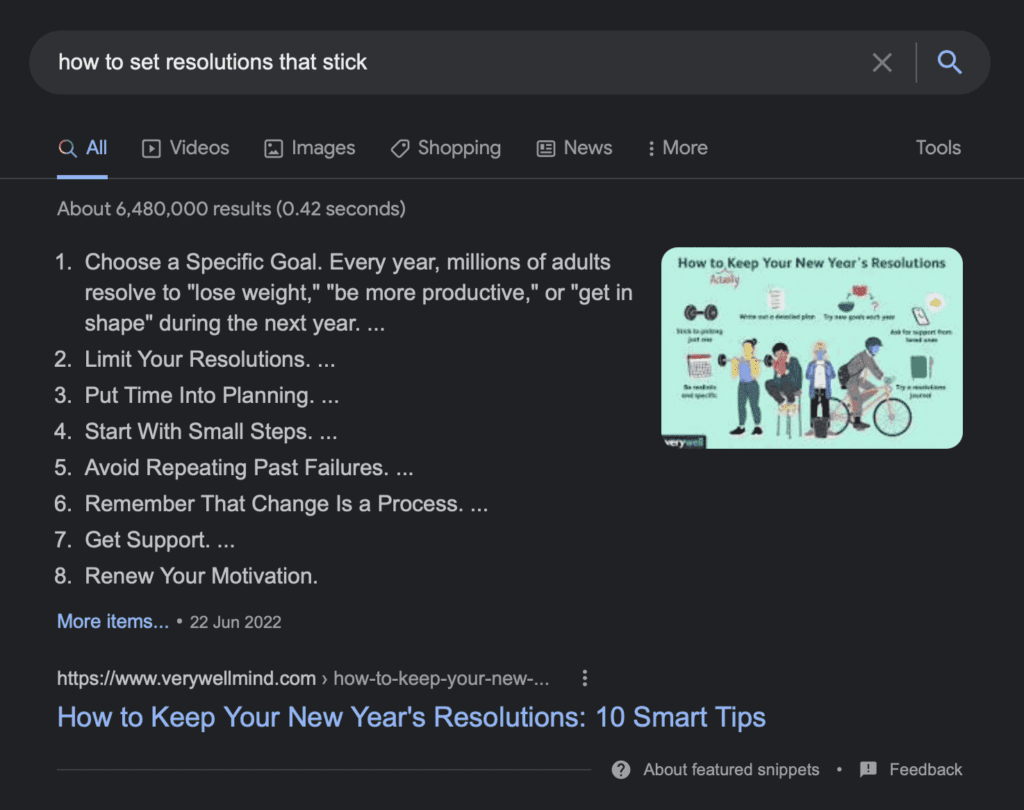How to Optimize Your Website for Voice Search and Why?






Voice search has been said to be the future of online search. Since the advent of virtual assistants like Siri and home assistants like Google Home, people have gotten comfortable with voice search. I can imagine it will be hard for those users to go back to the old way of searching by typing into search engines. In fact, 71% of consumers prefer to ask a voice search query rather than typing.
As voice search continues to grow in usage, you’ll need to make way for voice search and optimize your websites for it. This blog is here to make sure your website is ready to meet your voice-searching audience where they are.
Imagine you are in the kitchen preparing a new recipe and you’re stuck with your not-so-clean hands. What do you do? Well, you can use your voice search assistant on your phone or smart home device to help repeat the steps for you to continue cooking.
There are plenty more examples like the above where voice search saves the day for us.
The way we search queries into our search engines differs to how we talk to our voice assistants. For example, if you’re browsing for a local cafe, your searches might look a little like this:
That’s why search engines have become good at understanding the meaning behind words. The search landscape is shifting whether we like it or not, from the early days of keyword-centric efforts toward one directed at the user experience now. Marketers need to ensure they are keeping their finger on the pulse of how this will impact the performance of their campaigns.
Searchers want quick and immediate results. If we had to choose between typing and speaking a query, we all would choose the latter option. So, when it comes to voice search, answers should be prompt and to the point.
With the rise of mobile usage, it gives way to search assistants and smart speakers because users on mobile devices leverage voice search the most. According to GWI’s voice search insight report 2018, 27% of the global online population is using voice search on mobile. It’s most popular in Asia Pacific, but 16-24s in mature English-speaking markets aren’t far behind.
Adobe’s survey found that the top uses of voice search include playing music (74%), checking the weather (66%), and setting alarms and reminders (58%).
Want your results to be the first choice for voice-enabled devices? Focus on improving your site’s domain and link authority through a comprehensive link-building strategy. This is a surefire way to boost your rankings on the search results page, and subsequently, lead to higher rankings in voice search too! After all, pages that rank in the top 3 results in desktop search tend to dominate voice search results.
Sites with high domain authority are more preferred sources of voice search answers than non-authoritative domains.
Tips for improving domain authority:
The higher a page ranks for a specific keyword, the more likely it is that Google will choose that page as the top voice search result.
Load time is an essential factor for SEO and voice search. Websites that take longer to load are often abandoned very quickly compared to those that load quickly. It directly impacts bounce rates and it should be optimized at all costs.
People want to be able to find answers to their questions as fast as possible, which shows that people really care about the speed of a page. It’s one of the reasons why page speed is so important in SEO, because it acts as a ranking signal to Google’s algorithm. In fact, the average voice search result page loads in 4.6 seconds (5.2% faster than the average page).
Tips to improving your website load speed:
Use website speed test tools like Google PageSpeed Insights.
Today’s rankings are user-experienced focused. The pages that answer people’s questions in the best way—while sharing the best experience—will rise to the top of the rankings. The aim is to include succinct questions and answers, improve overall content layout, and ultimately, make it more voice search friendly.
Backlinko’s study found that Google prefers short, concise answers to voice search queries. For context, voice search results are typically 29 words in length. Restructuring your content, such as adding line breaks and points to break your content into bite-sized sections should help you rank better for voice search results.
Bonus tip: include frequently asked questions on your website’s product pages as they include question keywords, and are short and digestible. These make FAQ pages perfect for voice search: a conversational question with a brief answer right underneath it.
Content formats with pointers like FAQ sections will help search engines pull content from your website to display it as a rich snippet on the search results page.


Apart from reorganizing your content to make it easy to access, your content should also be easy to read and understand. Using language that is simple, natural, and conversational will help search engines find your content for their search users.
Being conversational is one of the key characteristics of a voice search query. The simpler the language used, the easier it is for voice assistants to answer your questions. Consider adding words that are easy for voice assistants to pronounce.
Understanding the searcher’s intent is key if you want to know how people are asking verbal queries. You need to study and anticipate the query style that people use while using voice search.
Here are some prompts to help you anticipate how people are asking verbal queries:
The average Google voice search result is written at a 9th grade level. A word of advice, avoid using technical jargon and use simple language.
Having data-driven insights with answers to the above questions will give you an idea of what people want when they search verbally. Publishing simple, easy-to-understand content may help with voice search SEO.
A BrightLocal report found that 58% of consumers use voice search to find local businesses. This comes as no surprise, as most people tend to use voice search when we’re walking or driving somewhere. More often than not, people use voice search to discover where they should go. For example, people who search for “coffee shops in KL”, are looking to find coffee shops near them. Hence if you own a coffee shop in KL, then, you should include your city when optimizing keywords.
On another note, people conducting voice search will likely use the phrase “near me”. Of course, this doesn’t mean you should include the actual phrase “near me” to your content, since it’s used to add a location intent to a search.
The way to rank for these searches is our Google Business Profile listing. A Google Business Profile is how Google lets users know where your business is located along with other necessary information about your business. Plus, when someone searches for Google to display similar businesses in that area, your business could rank for that query.
These are the must haves to leverage your Google Business Profile:
So if you haven’t got a Google Business listing set up yet, it’s high time you do so. Improve your local SEO, and you’ll begin to see the results.
Appearing in featured snippets may help you rank in voice search. 40.7% of all voice search answers came from a Featured Snippet. They usually appear in the top position on search engine results pages (SERPs), where it gets the most exposure to search users. They matter because up to 30% of 1.4 million tested Google queries contain them.
Here’s an example of a featured snippet below:


You can be sure that smart devices with voice search capabilities will choose rich answers to meet the users’ particular queries. A SEMrush voice search study found that 70% of all answers returned from voice searches occupied a SERP feature with 60% of those returning a Featured Snippet result. A rich answer is said to be Google’s attempt to provide quick, accurate answers to searchers’ queries without requiring them to click through to a website. They come in all kinds of forms such as recipes, text-based answers, step-by-step instructions, sports scores, maps, and more.
So if you want to rank in voice search results, you should focus on providing quality data for Google to display in the featured snippet.
Last but not least, it’s imperative we nail the keyword research for voice search.
When we converse with a smart device and ask questions, we tend to ask the whole question instead of just using a couple of keywords.
When we’re on a desktop, we type “flights to Tokyo”. When we use voice search, we ask, “Hey Siri, how much are flights to Tokyo?” The length of keywords are different, where voice search keywords are longer compared to text search keywords.
Here are some things you need to know while preparing keywords for voices searches:
Voice search is already used widely, and it’ll only continue to grow in the coming years. When it comes to keyword research for voice search, there are a number of things to keep in mind:
Those who already take voice search optimization into account will improve their content visibility significantly. With the help of these listed strategies, hopefully you can stay on top for voice search and create a sound voice search optimization strategy.
Are you looking to pivot your SEO to include voice search? We’re here to help. Get in touch with us at hello@medianetic.me, or drop us a message via our chatbot below! We look forward to partnering with you.


Medianetic Sdn Bhd
200301016995 (619415-K)
No. 59, 2nd Floor, Block E, Zenith Corporate Park, Jalan SS7/26 Kelana Jaya, 47301 Petaling Jaya, Selangor
hello@medianetic.me
+603 7960 3088 (Office)
Medianetic Sdn Bhd © 2023
Made by Medianetic